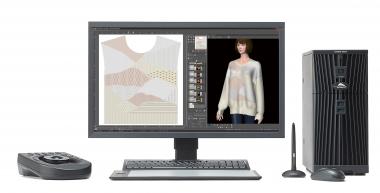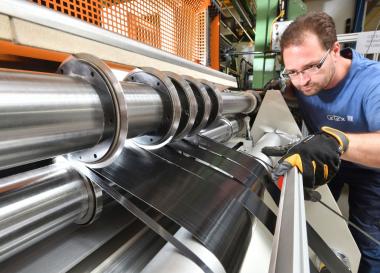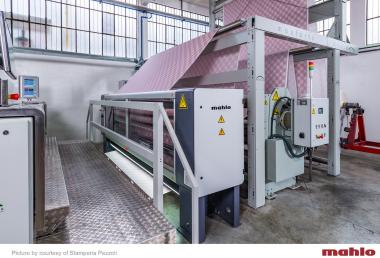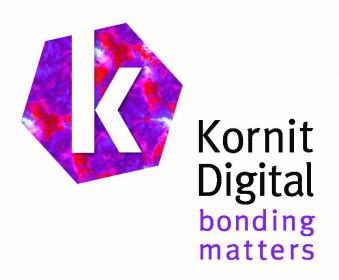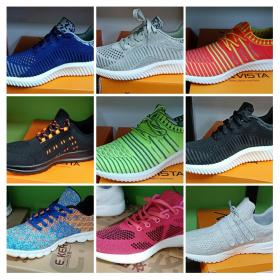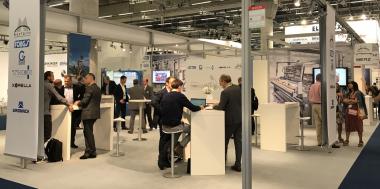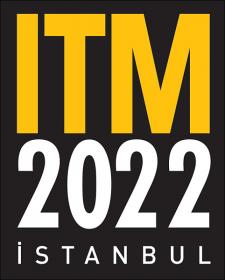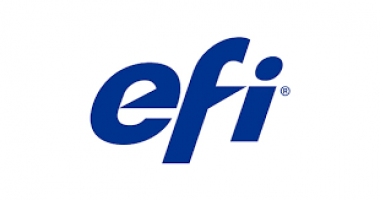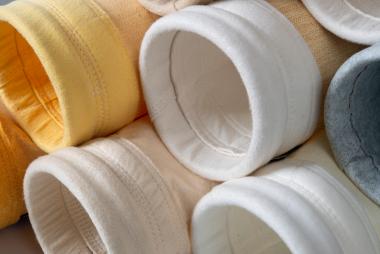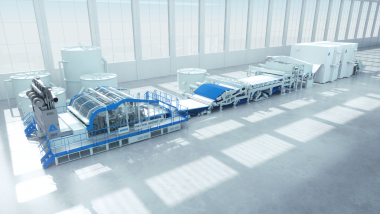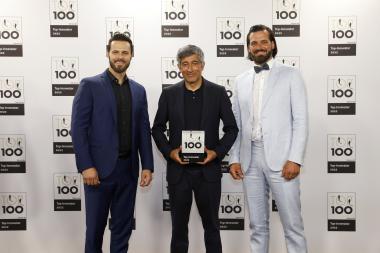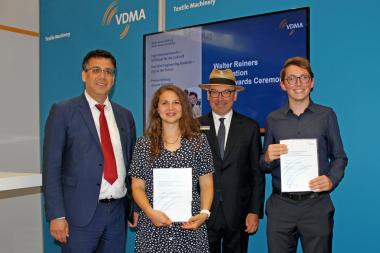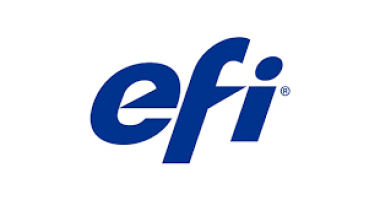SHIMA SEIKI exhibiting at FEBRATEX 2022
Japanese flat knitting machine manufacturer SHIMA SEIKI MFG., LTD. will exhibit at the Brazilian Textile Industry Fair (FEBRATEX 2022) this month. On display will be the cutting edge in computerized flat knitting technology, represented by the latest WHOLEGARMENT® machines and design system.
The flagship MACH2XS series features the company’s original SlideNeedle™ on four needle beds and spring-type sinker system supporting a wide range of high-quality WHOLEGARMENT® knitting in all needles. The versatile MACH2S is capable of both WHOLEGARMENT® knitting and shaping on a conventional V-bed. SVR123SP features a special loop presser bed and is capable of producing unique woven-like hybrid fabrics as well as technical textiles. At FEBRATEX it will demonstrate its capability by knitting shoe uppers. The SVR and N.SSR workhorse machines set the industry benchmark for shaping machines, with SVR202 featuring tandem knitting capability for flexible operation. The SFG and SFG-I glove knitting machines rounds out the comprehensive lineup.
Demonstrations will also be performed on SHIMA SEIKI’s SDS-ONE APEX4 3D design system that is at the core of the company’s “Total Knitting System” concept. With comprehensive support of all aspects throughout the knit supply chain, SDS-ONE APEX4 integrates knit production into one efficient workflow from yarn development, product planning and design to machine programming, production and even sales promotion. Especially effective is SDS-ONE APEX4’s capability to improve on the planning process with virtual sampling. Photo-realistic simulation capability minimizes the need for sample-making, effectively reducing time, material and cost from the prototyping process.
Shima Seiki


